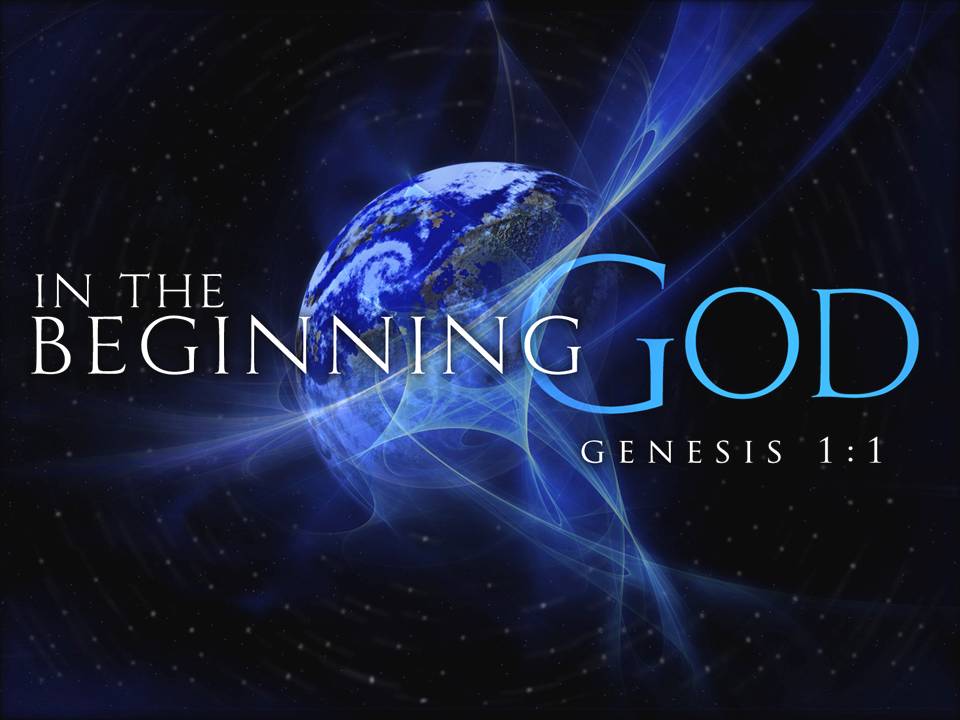I was watching a show last night where the main characters were trying to prove the evolutionary theory of abiogenesis – the idea that life can come from non-life: something can come from nothing.
It’s a crucial question for the evolutionists – their entire theory rests on this origin story: At one point in history, there was nothing. Then, somehow, there was something. From there, the something became matter, which became organisms, which became life, and so on.
The difficulty for these scientists is that there is no way to begin with nothing. Even in a “vacuum”, matter exists.
 In contrast, those who hold to a Christian worldview can rest in the logic of Genesis 1:1, “In the beginning, God created the heavens and the earth.” God is eternal. There was a time when He existed and nothing else did. And then, there was a period in history when He decided to create the universe. In one moment, something came from nothing because God spoke that something into existence.
In contrast, those who hold to a Christian worldview can rest in the logic of Genesis 1:1, “In the beginning, God created the heavens and the earth.” God is eternal. There was a time when He existed and nothing else did. And then, there was a period in history when He decided to create the universe. In one moment, something came from nothing because God spoke that something into existence.
Those, like my husband, who are experts in creation science, can demonstrate myriad aspects of this universe that point to a Creator. Think of the intricacies of the cell, the vastness of the universe, the exactitude of gravity. To believe these all occurred randomly is illogical. Like the old analogy, it’s like putting the pieces of a watch in a bag, shaking them up, and expecting them to come out fully formed. You can repeat that experiment millions of times and all you’ll get is pieces of a watch. A watchmaker is needed to take those pieces and make them into a working whole.
Christians are often accused of being simpletons, of using our faith as a “crutch”. We must stand against those accusations. It take more faith to believe something came from nothing than to believe a Divine Creator is behind the universe as we know it.
If you want to know more about this topic, check out Answers in Genesis.
